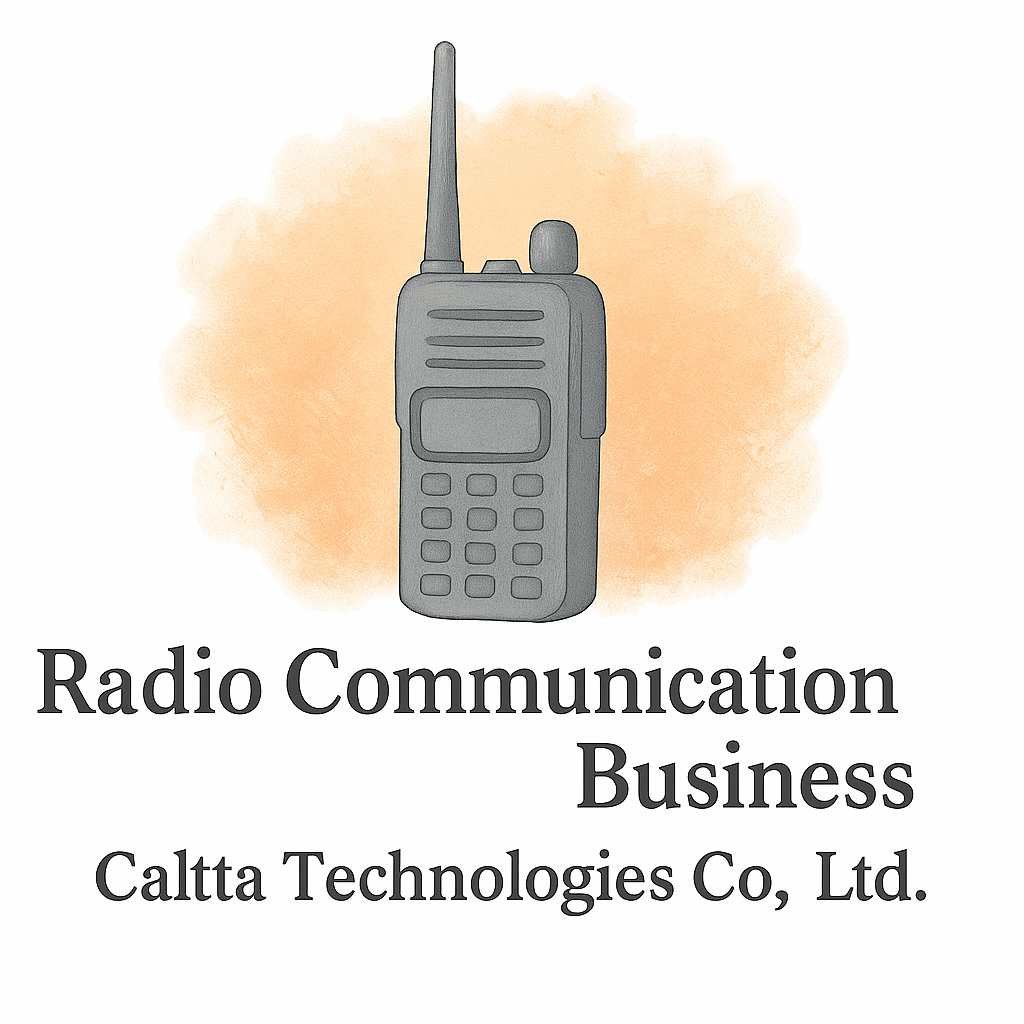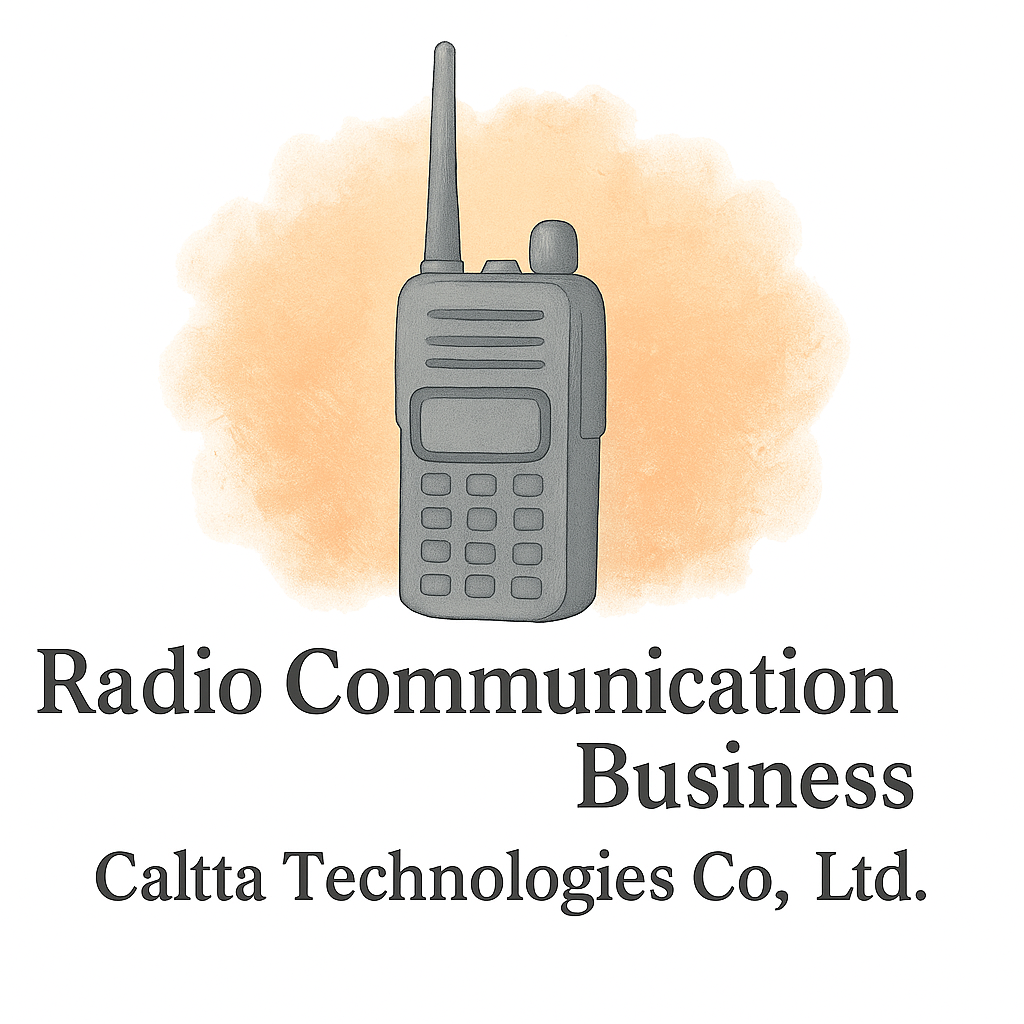Starting your own radio communication business? That’s exciting—but also tricky. Whether you’re dreaming of supplying two-way radios to local businesses or setting up full-scale systems for large organizations, one thing is certain: mistakes can cost you big time. Let’s walk through the 7 most common pitfalls new entrepreneurs make and how to dodge them like a pro.
Introduction
Let’s face it—radio communication might sound like an old-school business, but it’s still a booming industry in modern times. From construction to hospitality, reliable communication is the backbone of many industries. But starting this kind of business isn’t just about buying a bunch of radios and handing out flyers.
So what are the common rookie mistakes that can sink your radio communication business before it even gets off the ground? Buckle up, because we’re diving in.
Mistake #1: Skipping Market Research
Why Market Research is Essential
Before you buy your first piece of equipment or print your business cards, you need to understand who you’re selling to and why they’d choose you over competitors.
Imagine launching a business only to find out the market is already saturated or doesn’t need your service. That’s a nightmare we can avoid.
Identifying Target Audience
Are you targeting event organizers? Emergency services? Construction companies? Knowing your niche is everything.
Competitor Analysis
Check out who’s already in the game. What services are they offering? What are their price points? What are customers saying in reviews?
This is where industry insights can be your best friend.
Mistake #2: Underestimating Equipment Needs
Choosing the Right Tools
You can’t run a radio communication business without, well… communication tools. But not all radios are created equal.
Take time to explore the best equipment and technology options out there. Go beyond the basics—consider features like encryption, range, and battery life.
Investing in Scalable Equipment
Start small, sure—but don’t go so cheap that you can’t scale up when business booms. You’ll need tools that grow with your business.
And remember, poor-quality tech is one of those startup mistakes you’ll want to avoid at all costs.
Mistake #3: Ignoring Licensing and Compliance
Regulatory Requirements
The radio frequency spectrum is heavily regulated. You’ll need proper licenses, especially if you’re operating on commercial bands.
Visit compliance and regulation resources before broadcasting a single signal.
Common Legal Pitfalls
Operating without a license? That’s a fast track to fines and possibly a shutdown.
Stay compliant with local and international law and radio communication regulations.

Mistake #4: Lack of Financial Planning
Budgeting for Startup and Growth
One of the most common mistakes is not having a solid financial plan. You need to factor in everything—gear, office space, licensing, marketing, and even insurance.
Check out this guide on financial planning to help build a solid foundation.
Managing Unexpected Costs
From sudden repairs to client refunds, there’s always something you didn’t budget for. Having a financial cushion will save your sanity.
And don’t forget to avoid poor budget management. It’s a silent killer of new businesses.
Mistake #5: Poor Branding and Marketing
Building a Strong Brand Identity
You need a name, a logo, a tagline—and a story. What makes your business different? That’s your edge.
Avoiding strong marketing and branding is like whispering in a noisy room—no one hears you.
Leveraging Social Media and Events
Today’s word-of-mouth is social media. Platforms like LinkedIn, Instagram, and even Facebook can help you reach clients fast.
Also, don’t underestimate events and conferences as networking goldmines.
Mistake #6: Not Embracing Tech Trends
Why Technology Matters in Radio Communication
Tech evolves fast. What worked yesterday might be outdated today. Smart entrepreneurs are always one step ahead.
Keep up with modern radio communication technology to stay competitive.
Tools That Help You Scale
You’ll want to explore cloud-based communication systems, AI-assisted diagnostics, and enhanced frequency scanners—tools that help you scale and thrive.
Don’t miss out on the latest tech hacks to future-proof your business.
Mistake #7: Neglecting Networking and Industry Insights
The Power of Connections
Starting a business is tough, but it’s even tougher alone. Network with other entrepreneurs to learn from their wins—and their slip-ups.
Staying Updated with Industry Trends
The communication industry is constantly shifting. Stay updated through blogs, webinars, and industry insights.
Also, build a network through solid business setup and networking opportunities.
Conclusion
There’s no sugarcoating it—starting a radio communication business is a complex journey. But by dodging these 7 common mistakes, you can turn a risky venture into a rewarding one.
Whether it’s doing your research, investing in the right tech, staying compliant, or building strong connections—each step is a building block to your success. Don’t just build a business, build a legacy.
Explore more insights, resources, and startup guides at Caltta International. They’ve got your back—from your first radio to your first major contract.
FAQs
1. What kind of licenses do I need for a radio communication business?
You’ll typically need an FCC license or equivalent in your country, especially if you operate on commercial frequencies. Consult with your local telecom authority and refer to compliance regulations.
2. What’s the average startup cost for this kind of business?
It varies, but expect to invest between $10,000 and $50,000 depending on your scale and equipment. Use this financial planning guide to map it out.
3. How can I stand out in a crowded market?
Great branding, quality service, and smart marketing make all the difference. Find your unique selling proposition and run with it.
4. Do I need tech knowledge to start?
Not necessarily, but understanding the basics helps. You can always hire technical support and focus on operations. Check out the latest in equipment and technology.
5. Can I start this business from home?
Yes, many do! Just make sure you have the right space for equipment and meet zoning regulations.
6. What are the top industries that use radio communication?
Construction, events, emergency services, hospitality, and security are the top players.
7. How do I avoid common startup mistakes?
Learn from others, stay informed, and follow resources like startup tips and cost-saving hacks from Caltta International.


